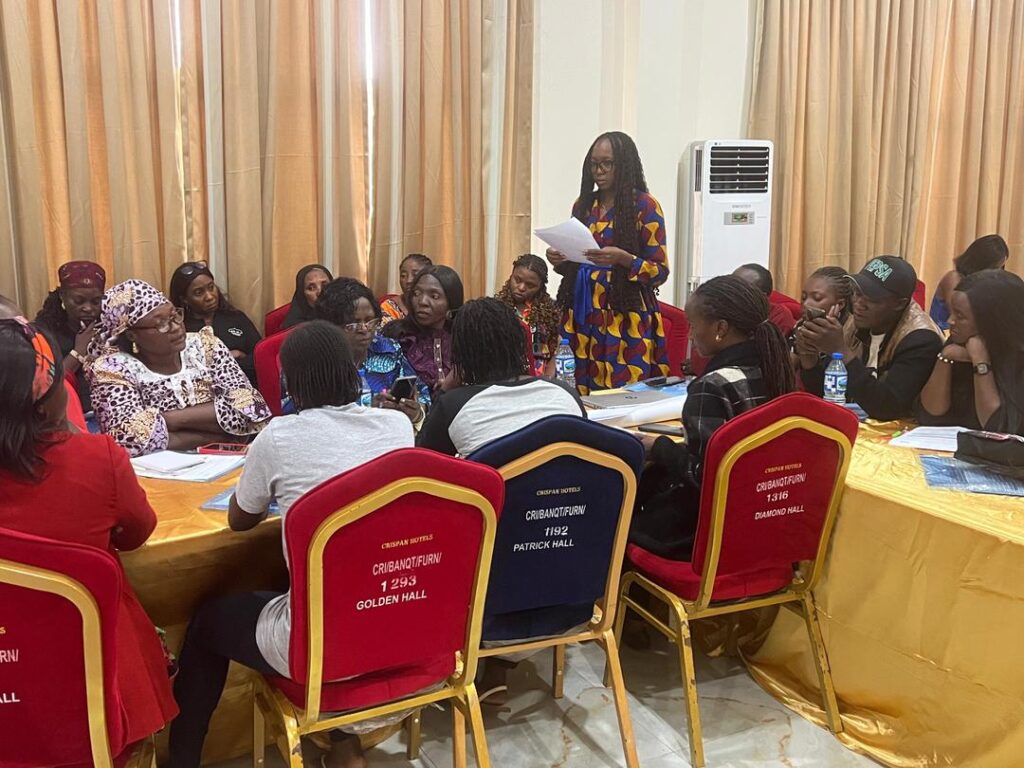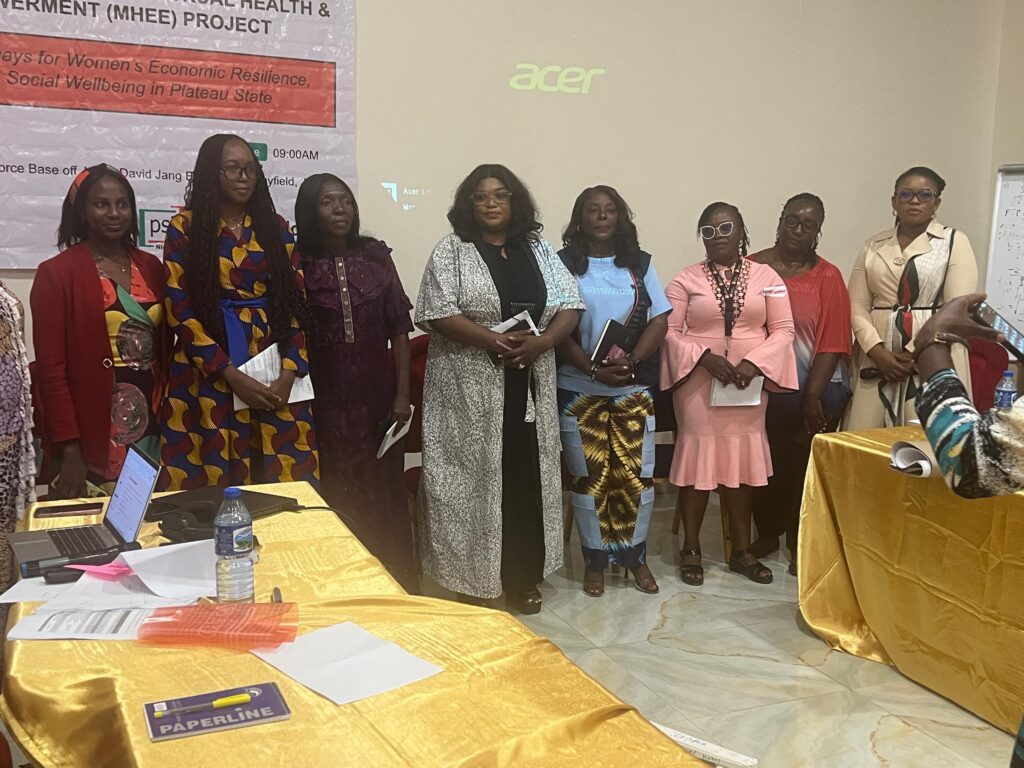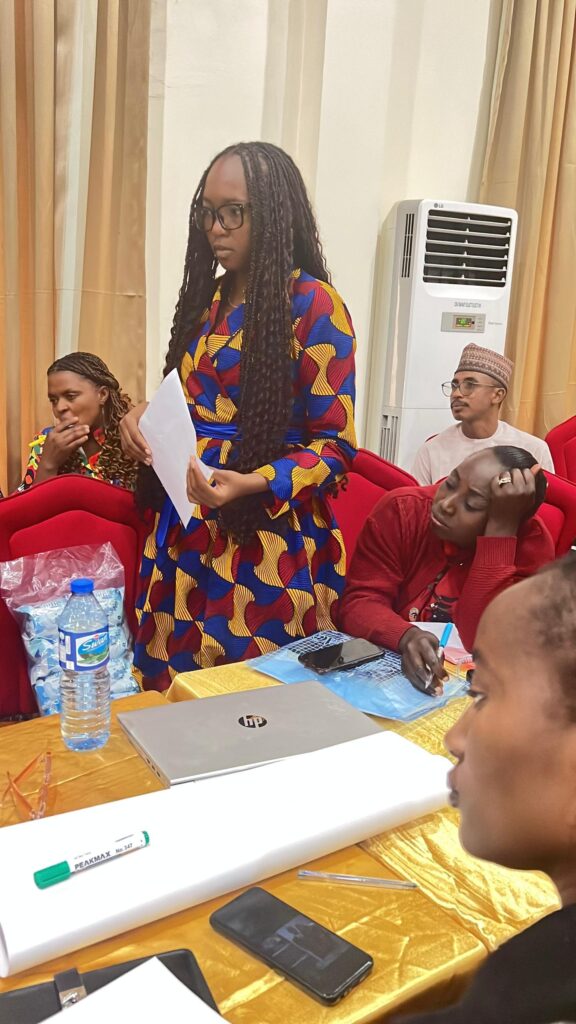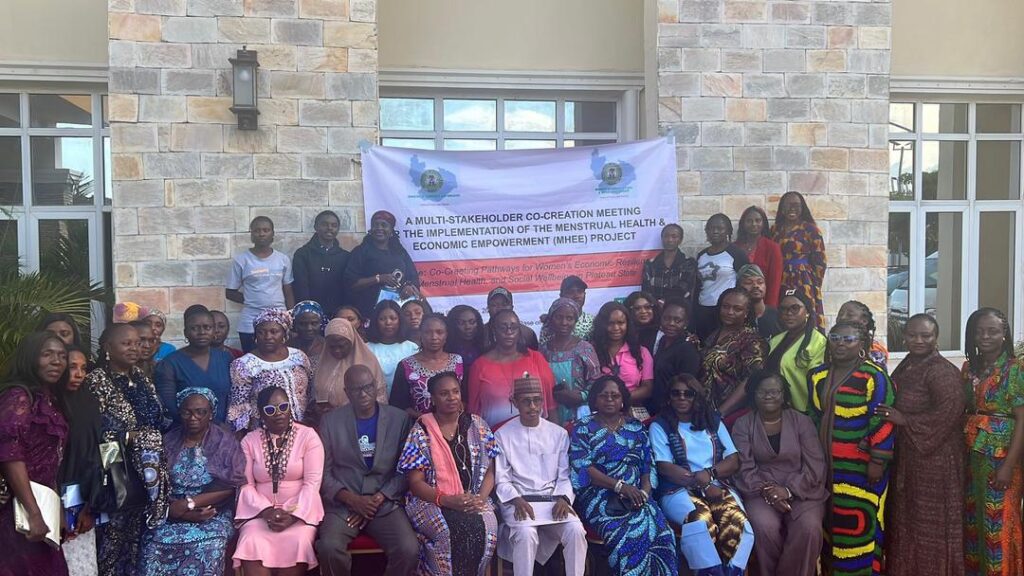Venille Joins National Conversation on Menstrual Health and Women’s Empowerment
At Venille, we believe that empowering women begins with empowering their health.

On 9th October 2025, our team had the privilege of participating in the Multi-Stakeholder Co-Creation Meeting on the Nigeria Economic Empowerment & Menstrual Health Pilot Project, organized by the Ministry of Women Affairs and Social Development, in collaboration with Population Services International (PSI) and supported by GIZ. The event took place at Crispan Hotel, Jos, Plateau State, bringing together leaders, innovators, policymakers, and changemakers dedicated to advancing menstrual health and women’s economic empowerment in Nigeria.

The Co-Creation Meeting served as a vital space for dialogue, innovation, and collaboration. Stakeholders from across the public and private sectors came together to review baseline findings, share experiences, and co-design practical strategies to support women’s collectives and menstrual health initiatives within Plateau State.
Venille was honored to be represented by our Founder, Esther Oluwabunmi Olalude, who served as a panelist and group facilitator during the sessions. She led discussions on Menstrual Health and Women’s Collectives in Plateau State, facilitating conversations that explored sustainable and inclusive approaches to addressing period poverty and improving access to menstrual health resources.


The Co-Creation Meeting served as a vital space for dialogue, innovation, and collaboration. Stakeholders from across the public and private sectors came together to review baseline findings, share experiences, and co-design practical strategies to support women’s collectives and menstrual health initiatives within Plateau State.

Venille was honored to be represented by our Founder, Esther Oluwabunmi Olalude, who served as a panelist and group facilitator during the sessions. She led discussions on Menstrual Health and Women’s Collectives in Plateau State, facilitating conversations that explored sustainable and inclusive approaches to addressing period poverty and improving access to menstrual health resources.
